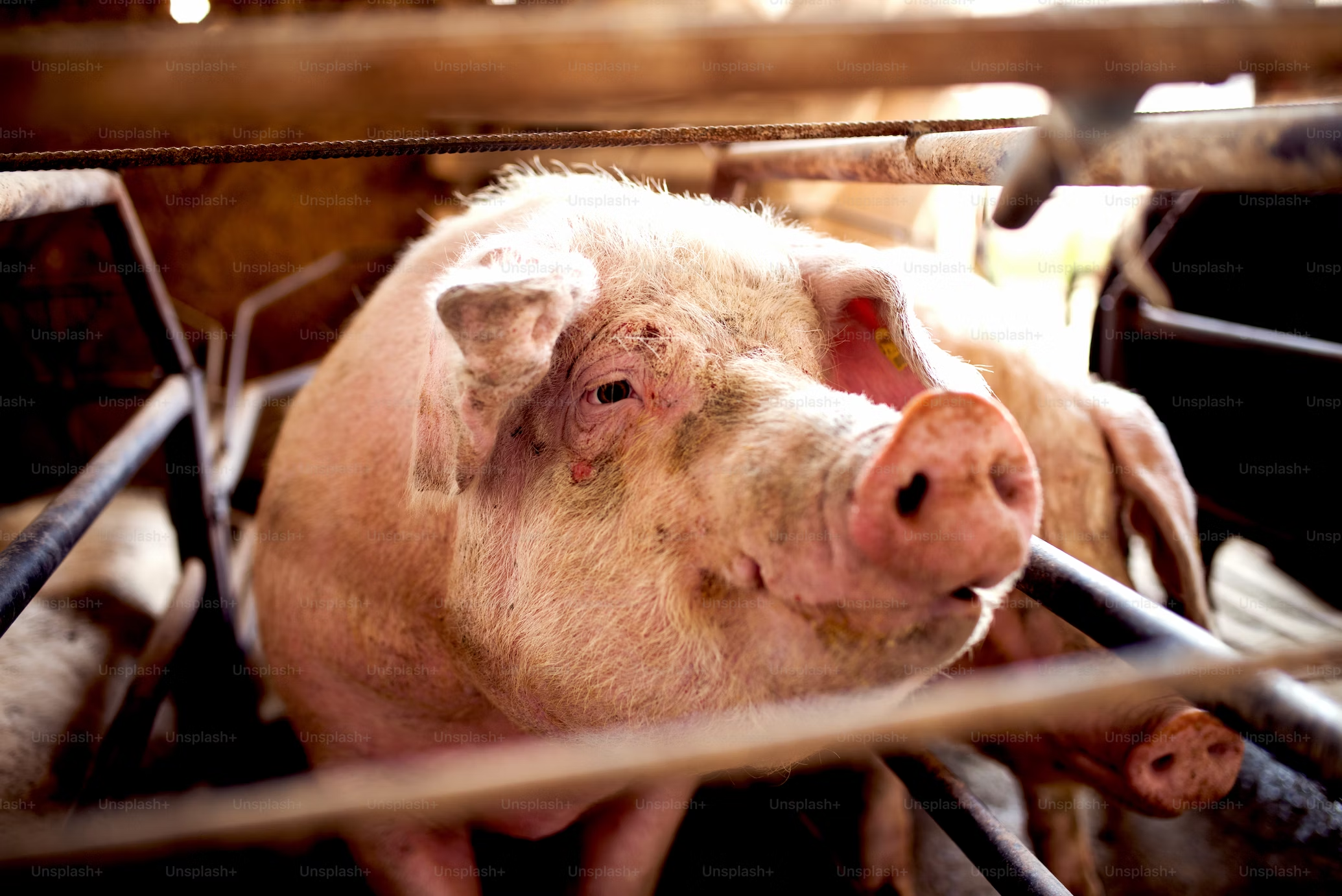Lancaster, PA – September 15 2023 – Animal ag leaders in Pennsylvania are speaking out against the Ending Agricultural Trade Suppression (EATS) Act, which would bar states from passing laws that affect agricultural production in other states. The proposed legislation has been met with pushback from more than 170 lawmakers and ag leaders in the state, who are concerned that its passage would undermine markets that have opened for producers willing to make changes.
"Our folks have been ahead of the curve as it relates to animal welfare issues," says Chris Herr, executive vice president of PennAg Industries. "Being in Pennsylvania, we have 150 million eyes watching what we do. Lancaster is the largest animal ag county with 550,000 people."
Brad Clemens, president of Clemens Food Group, which produces pork products under the Hatfield Quality Meats label and other private labels, says that passage of the EATS Act would undermine years of work his company has put into preparing for Prop 12 and other similar animal welfare laws. "We've given our producers choice," he says. "This is their choice to be able to make this conversion, and a lot of them have. It's given them a choice and will take away their choice if the EATS Act were to pass."
Brent Hershey, owner of Hershey Ag in Marietta, PA, raises 3200 sows and 80,000 market hogs annually. His animals were transitioned to the Ohio standard starting in 2012, and he estimates it cost about $700 per sow for the improvements. He has also seen many positives from eliminating gestation crates and replacing them with sow condos: shoulder sores have disappeared mainly; the number of sows having to be culled has decreased significantly; sows going to farrowing walk better; don't lose their footing; have better stamina when having litters; etc.
Mark Sauder, CEO of Sauder Eggs in Lititz, PA., markets eggs from 6.5 million birds - 50% of which are cage-free -and estimates it costs between $75 million and $100 million to retrofit a large portion of production to cage-free. "For me," he says, "it creates significant market turmoil...Changing it again after we made these commitments is not beneficial."
The National Pork Producers Council describes California's Proposition 12 as an attempt by California to tell farmers in other states how to raise their animals. Still, Pennsylvania producers are hoping for a compromise that will allow them to continue providing consumers with safe food while enabling them to maintain their livelihoods without undue interference from outside sources.




